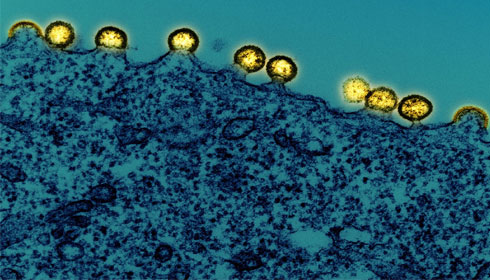
HIV Vaccine Trials in Africa fails to effectively reduce infections
The PrEPVacc HIV vaccine study, which ran from 2020 to 2024 in Eastern and Southern Africa, found that neither of the two experimental vaccine regimens studied was effective at reducing HIV infections.
Independent experts concluded that the vaccines had little to no chance of effectiveness, leading to the termination of the experiment's vaccinations in November 2023 and a public statement in December. The trial's findings, presented recently at AIDS 2024 in Munich, Germany, found that the vaccine groups had higher infections than the placebo groups. However, the large statistical confidence ranges hindered researchers from reaching firm conclusions.
Lead investigator Dr. Eugene Ruzagira stated, "We discontinued the vaccine trials as soon as we obtained proof that the immunizations were ineffective. We will continue to provide our participants with counselling, testing, and information about available preventive and care options."
The PrEPVacc experiment was unusual in scope, as it was the world's only ongoing HIV vaccine efficacy trial at the time. The study, which took place in Uganda, Tanzania, and South Africa, included 1,512 adults aged 18–40 who were at a higher risk of HIV infection due to their activities.
The trial randomly assigned participants to one of three groups: a combination of a DNA vaccination and a protein vaccine, another combination with a modified virus vector, or a placebo. Despite the poor results, the trial upheld strict safety protocols and community involvement.
The study's findings showed an unexpectedly low prevalence of HIV infection in the placebo group, which was unrelated to variations in condom use or pre-exposure prophylaxis. This oddity increases the uncertainty surrounding the results.
Professor Sheena McCormack, PrEPVacc Project Lead, stated, "Seeing the imbalance between infections in the vaccine groups and the placebo was surprising." The total number of infections in the experiment was substantially lower than expected, which is encouraging, but the placebo incidence rate was very low."
The trial's conclusion highlights the continued problems of creating an effective HIV vaccine. Professor Pontiano Kaleebu, the Chief Investigator of PrEPVacc, emphasized the need for further research, stating that further development of these vaccines is not feasible. We need more immunological research to understand our findings and assist future vaccine formulation."
Despite the loss, the experiment yielded useful information and underlined the significance of community involvement and adherence to proven HIV prevention strategies. Xoliswa Nomvungu, a community advisory board member in Durban, stated, "A key take-home message from PrEPVacc is that adherence to available oral PrEP can prevent one from acquiring HIV."
As the global hunt for an effective HIV vaccine continues, PrEPVacc's lessons will guide future efforts and highlight the necessity of comprehensive HIV prevention programs.